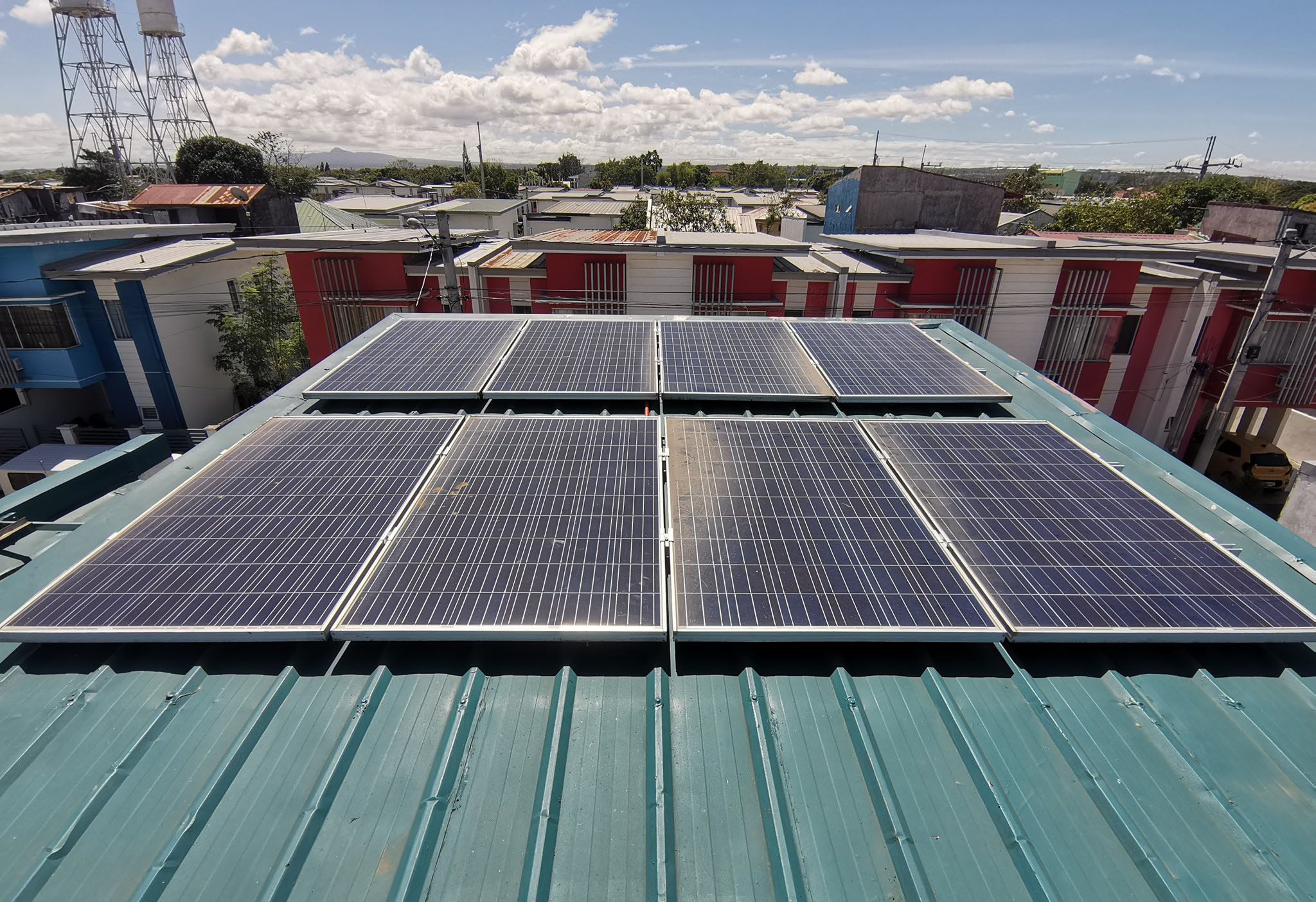How Long Do Solar Panels Last?
Depending on the manufacturer, solar panels’ performance can be guaranteed for 25 – 30 years, but it’s very possible that your panels will go on to produce electricity for longer than that. The first 25 to 30 years after your solar installation is considered the system’s “useful life”, but panels can still produce electricity for decades longer. In fact, the world’s first modern solar panel is still producing electricity at the ripe age of 60!
What is a solar panel’s useful life? Just like a lot of other equipment, solar panels don’t perform at 100% for their entire life and then just stop working in year 30. Instead, solar panels, at a very slow rate, produce less electricity as they age. This process is called degradation.
Because of solar panel degradation, most panels’ production warranties change as they age. Manufacturers typically guarantee 90% of the panels’ production until the first ten years. After ten years, that percentage drops back to 80% for the remaining 15 – 20 years.
After the system’s useful life, your panels can go on producing electricity. However, depending on your financial goals, you may want to replace your panels with new ones that will produce electricity at a higher rate.
What is Solar Panel Degradation?
All solar panels slowly degrade over time, which means they’re producing less electricity from the same amount of sunlight. How and why does this happen? A variety of external factors (like weather) wear down on the panels and have a negative impact on their ability to produce electricity.
One way solar panel degradation happens is through microcracks that form in the silicon of the solar cells. These small cracks cause electrical connections to deteriorate, meaning there are fewer paths for those electrons from the sun to take, and thus less energy goes to your inverter and into your home, business, or farm. Other issues are junction box adhesion failures and discoloration.
Because there are a variety of ways panels can degrade, caused by a variety of factors, it’s a difficult problem to solve. Solar panel manufacturers are constantly evolving and coming up with ways to reduce that degradation rate so your panels can keep up their power output. But in the meantime, your panels are guaranteed to degrade at or below a specific rate, so you can rest assured your investment is a safe one.
What Causes Degradation in Solar Panels?
There are many different factors that contribute to solar panel degradation, but many of them focus on something that’s pretty hard to control – the weather.
One common way microcracks form is through thermal cycling. When it’s warm, just about everything expands. When it’s cold, things contract. Solar panels aren’t immune to this, and it’s that constant back and forth that put them under strain and create those little cracks.
Similarly, strong winds can cause flexing of the panels – also known as a dynamic mechanical load. But as long as your solar system is installed by experts and you’re using panels of good quality, this shouldn’t be a major contributor to degradation.
How Fast Do Solar Panels Degrade?
On average, solar panels degrade at a rate of 1% each year. That’s backed up by the solar panel manufacturer’s warranty, which guarantees 90% production in the first ten years and 80% by year 25 or 30.
How Can I Extend the Life of My Solar System?
Just like a car only runs for a certain amount of miles or a piece of equipment starts to lose its touch after so many years, solar panel degradation is bound to happen. However, you’re still making a solid investment that is going to reduce your company’s overhead or your household’s monthly expenses.
But like regularly changing the oil in your car, are there ways you can extend the useful life of your solar panels?
Because solar panels don’t have any moving parts, there isn’t a whole lot you need to do. Your best bet is to plan for this before your system is installed. Even though solar panels are sturdy and built to withstand pressure – your panels could suffer a lot during a rough installation process.
You want to be sure that you’re working with certified industry experts that are going to install your system for the long run and with the utmost care, using high-quality panels and parts. This will go a long way for keeping your energy production high throughout – and even beyond – the system’s life expectancy.

